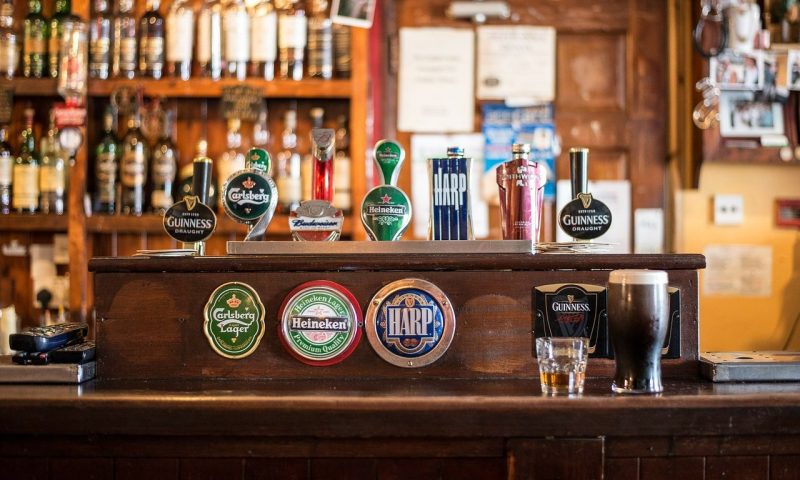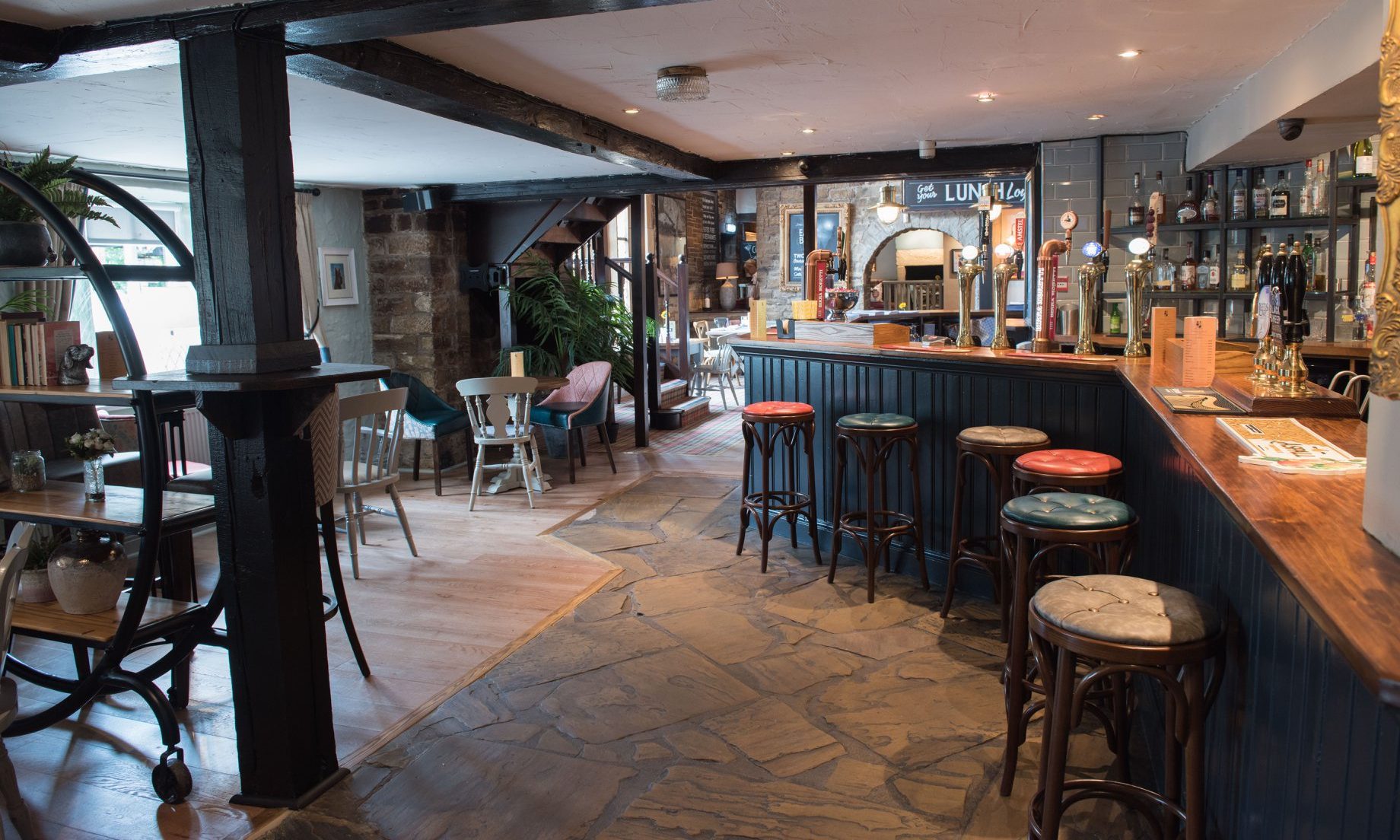Register to get 2 free articles
Reveal the article below by registering for our email newsletter.
Want unlimited access? View Plans
Already have an account? Sign in
The accommodation and food services industry will be amongst the most disrupted as a result of Brexit, according to the latest UK Powerhouse study by law firm Irwin Mitchell and the Centre for Economics and Business Research (CEBR).
The report’s ‘Brexit Disruption Index’ analyses which industrial sectors will be affected most after the UK leaves the EU.
It bases its predictions by analysing the change to three key indicators – the free movement of labour, tariffs on exports to the EU and investment into the UK from the EU – and assumes that a deal will eventually be agreed.
Accommodation and food services has an index score of 35% but the report still expects the sector to grow by 1.9% in this year and by 1.5% in 2020.
The report notes the accommodation and food services sector can potentially benefit from an increase in tourism, driven by a falling pound which would follow a disorderly Brexit. A lower exchange rate has already made travelling to the UK cheaper for tourists and contributed to a boost in the number of visitors.
However, Irwin Mitchell said Brexit does pose “some difficulties” for the food services industry, as approximately 30% of all food consumed in the UK is imported from the EU and in some cases the EU is the UK’s sole provider.
The report highlights that the Food and Drinks Federation has called on the government to suspend or waive competition laws in the event of a no deal Brexit, in order to allow businesses to work together and coordinate the delivery of goods.
Stuart Gallyot, a food and drink sector specialist and Irwin Mitchell consultant, said: “The effect of the Brexit process has mainly positive consequences for the food and drink sector in the short-term.
“In addition to the benefits of tourism, there has also been a recent influx of investment from both the US and Hong Kong based funds into freehold based leisure businesses.
“This is through both disruption in the Chinese market, trade war issues where money is looking for a safe haven but mainly UK based investments looking cheap due to the political turmoil and cheap pound.”
He added: “There are in the medium-long term, however, significant challenges, specifically in relation to skills shortage for the hospitality sector.
“The hospitality sector has, for a number of decades, relied upon migrant labour and recent surveys have shown that the number of EU national applying for hospitality roles has declined markedly over the last two to three years.”



















